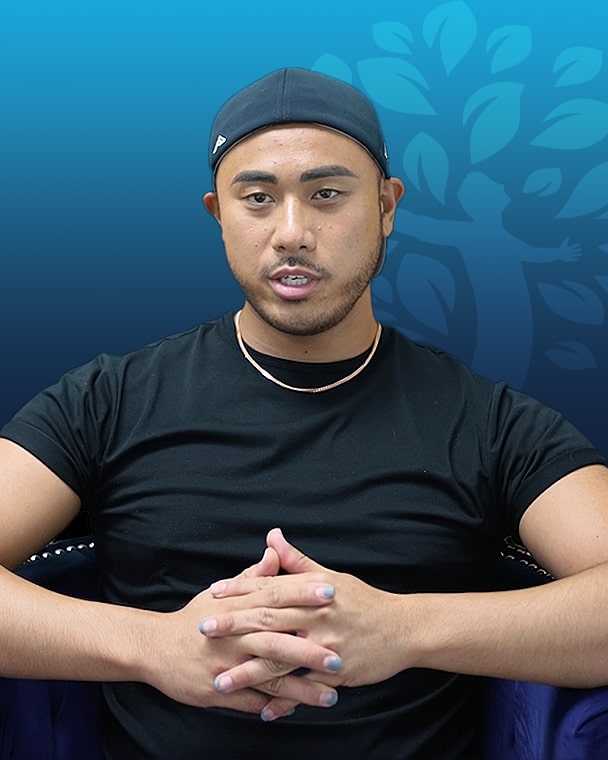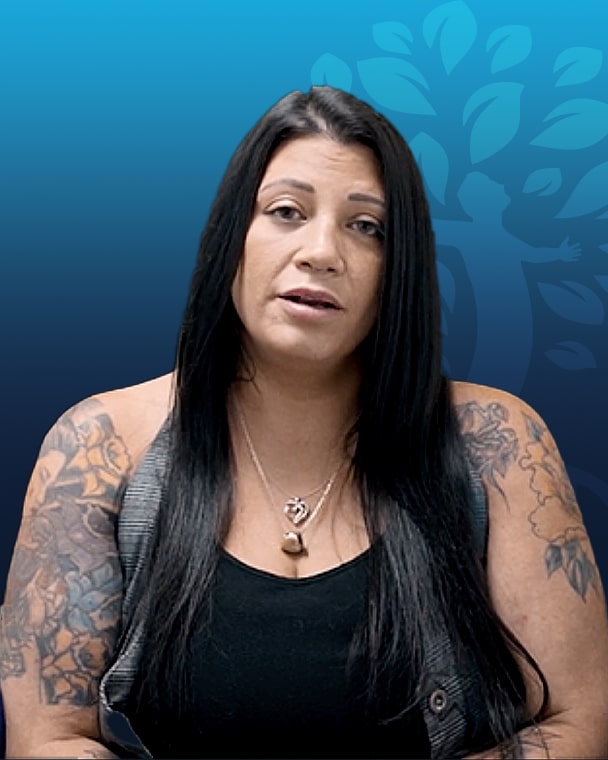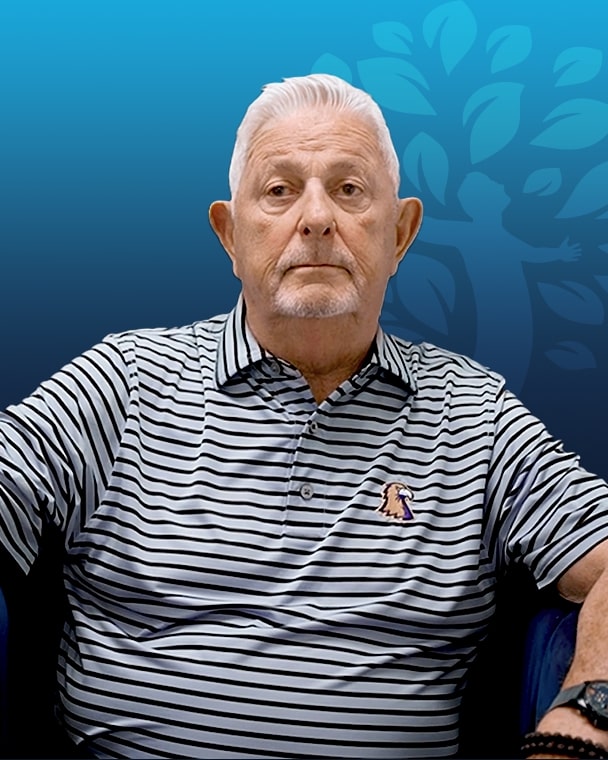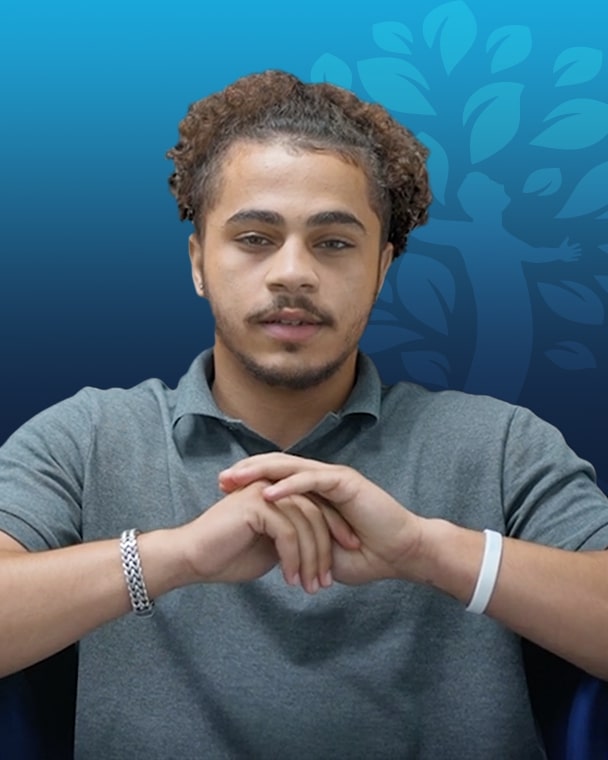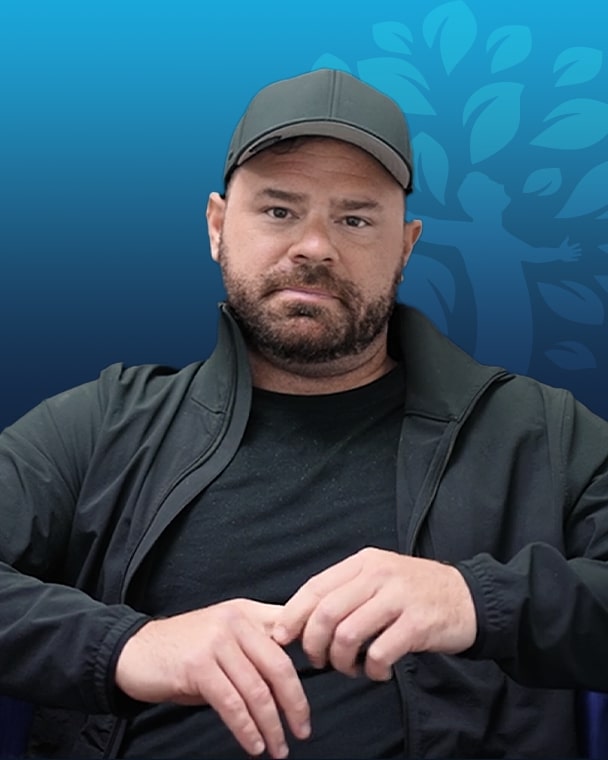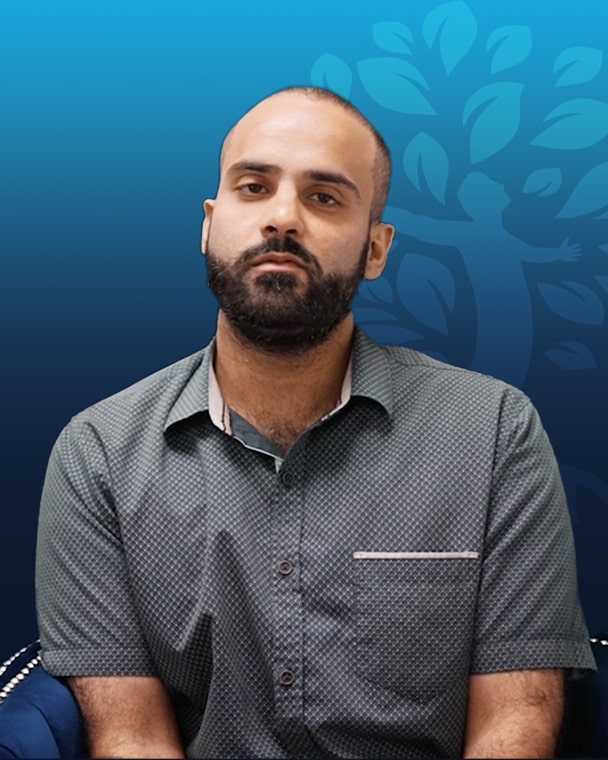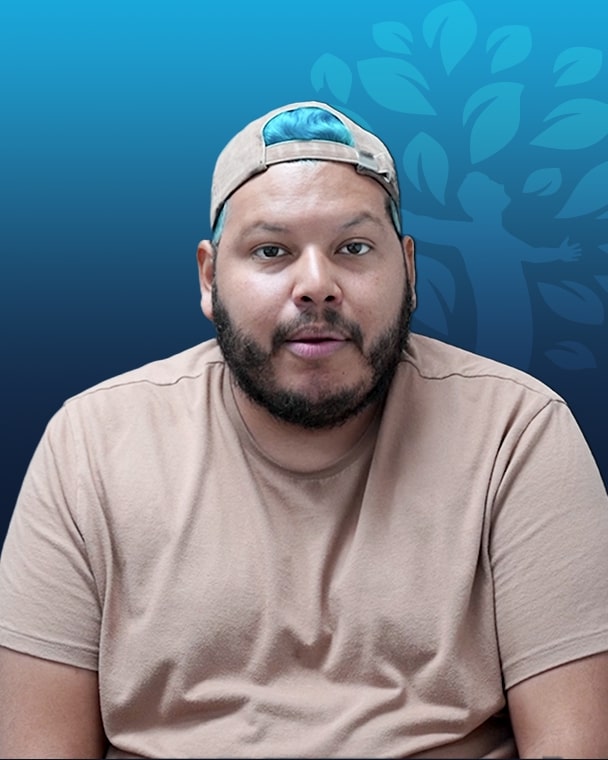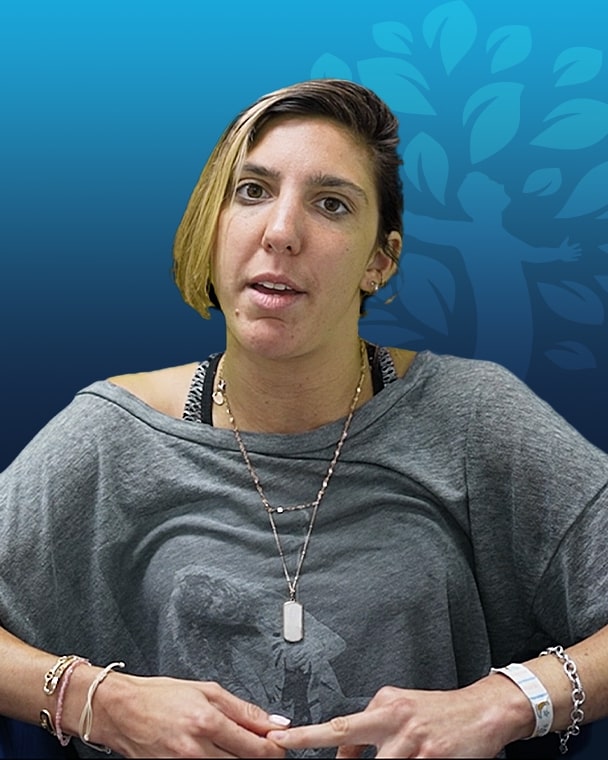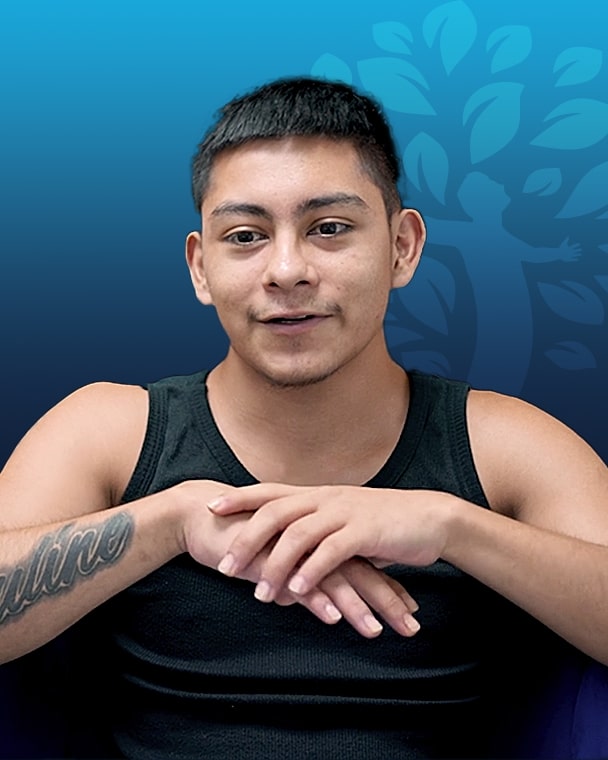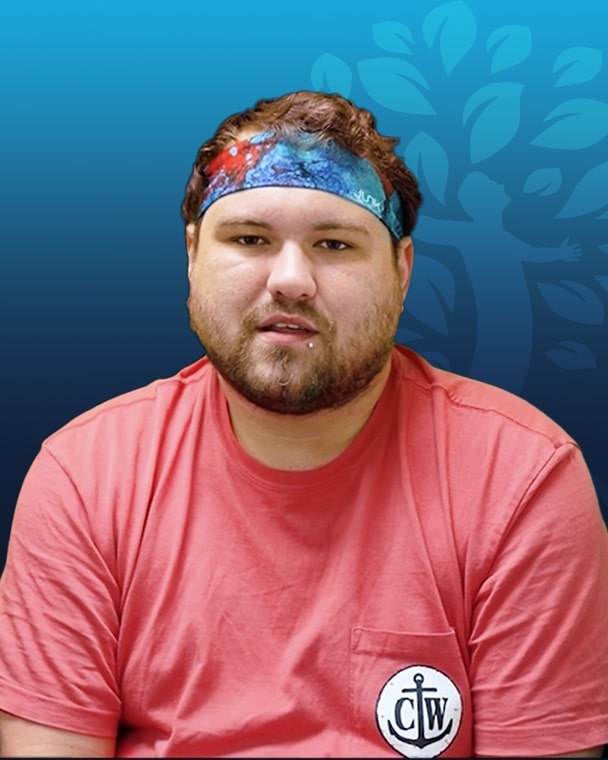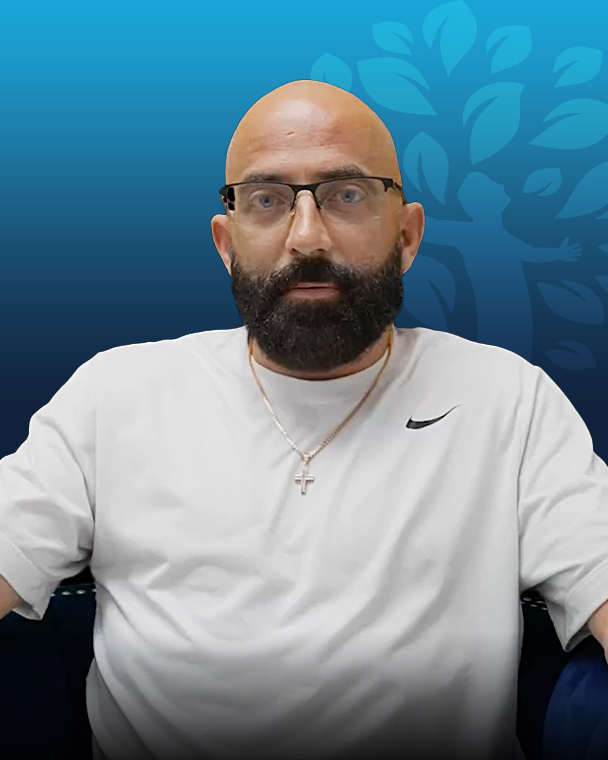
Prescription Drug Rehab Options For Port St. Lucie Residents
Prescription Drug Rehab
Opioids, common prescription drugs that are abused for recreational purposes, were responsible for 37 deaths among every 100,000 people in St. Lucie County in the year 2017. For every instance of addiction that results in the loss of a life, there are many more instances of people who simply suffer under addiction, struggling from one day to the next.
Prescription drug addiction often occurs when a drug with addictive potential is prescribed at greater strengths than required for a particular condition, or for longer periods than needed. For this reason, it is possible for a person to become addicted to a prescribed drug even when they obtain it legally. In some cases, however, prescription drugs may be obtained illicitly, and may be used recreationally, or to enhance mental performance.
CALL LEGACY HEALING CENTER 24/7 TO SPEAK WITH AN
INTAKE SPECIALIST. CALLS ARE COMPLETELY CONFIDENTIAL.
Rx rehab for Port St. Lucie Residents
While addiction or dependency on prescription drugs can be powerful, it is possible to break free from the grip of such a habit. The path to sobriety can be hard and demanding, however. Not only does rehabilitation involve a detoxification phase in which the user must endure painful or uncomfortable symptoms of withdrawal, it involves months of psychological therapy to help the user overcome their emotional and mental dependency, as well. It’s important to understand that addictive behavior is not a conscious choice that people make. No one chooses to be addicted. For this reason, they cannot simply use willpower to choose to be sober.
Addiction is a mental disorder caused by prolonged exposure to addictive drugs. In most cases, it cannot be wished away. Rather, coming off addiction requires treatment that only a professional rehab is able to offer.
CALL LEGACY HEALING CENTER 24/7 TO SPEAK WITH AN
INTAKE SPECIALIST. CALLS ARE COMPLETELY CONFIDENTIAL.
Understanding the signs of Rx addiction
How do you know that you have a prescription drug dependency problem? To those who are caught up in addiction, it may not be immediately apparent. It’s possible to tell when you look for a few telltale signs, however:
- You exaggerate your symptoms to your doctor in order to obtain prescriptions.
- You take higher doses than the doctor prescribes.
- You seek prescriptions from more than one doctor for the same condition.
The symptoms of a prescription drug dependency problem can vary depending on the drugs that are abused. Abuse of opioids, anti-anxiety medications and sedatives can come with poor coordination, slowed breathing and confusion. The abuse of stimulants can show up in the form of unusual alertness, high blood pressure, agitation, insomnia or poor appetite. With any kind of drugs, dependence also comes with a need to take larger doses over time, to maintain a level of drug effect.
Why Rx addiction is on the rise
Prescription opioids are meant to help people who battle chronic pain. Prescription stimulants are meant to help people who struggle with attention deficit disorder. Prescription anxiolytics are intended for people who fight debilitating anxiety. These are critical medications that improve the quality of life for many people. Yet, years of over-enthusiastic marketing by pharmaceutical companies have resulted in the practice, among doctors, of prescribing these medications far too easily. Rather than treating the underlying cause of a painful condition, for example, doctors often rush to a painkiller to help with it.
When the underlying cause of a condition isn’t found and treated, the symptoms need to be treated for far too long. Exposure to these drugs for longer than recommended leads to dependency, and, sometimes, addiction. Prescription drugs such as fentanyl are also easily available illicitly on the street. This makes prescription drug abuse easy for people to try.
The most abused Rx medications
In a 2015 survey conducted by SAMHSA, close to 19 million Americans were found to have abused prescription medications at least once over the past year. Opioid painkillers such as oxycodone, codeine, meperidine, and fentanyl, are widely prescribed, are cheaply available on the street, and are commonly abused, often in combination with alcohol.
Benzodiazepines such as alprazolam, clonazepam, and diazepam, are used to help people who struggle with severe anxiety. Recreational use of benzodiazepines can produce alcohol-like highs, relaxation and a lowering of inhibition. These drugs, as well, are over-prescribed, and are affordably sold on the street.
Stimulants such as amphetamines and methylphenidate are commonly abused simply because they are easily prescribed. According to the government, in 2012, pharmacies filled more than ten million prescriptions for methylphenidate, the drug commonly known by the trade name Ritalin. Amphetamines, commonly sold under the brand name Adderall, were reported to be abused by close to 10 percent of college students that same year. People tend to abuse these drugs for their energizing effects. Stimulants help truck drivers stay awake when they are sleep-deprived, and they help college students work hard on their studies when they have an exam to prepare for.
CALL LEGACY HEALING CENTER 24/7 TO SPEAK WITH AN
INTAKE SPECIALIST. CALLS ARE COMPLETELY CONFIDENTIAL.
The dangers of Rx addiction
It’s important to understand that prescription drugs are only certified for use in specific circumstances, when medical needs call for their use. They aren’t safe for recreational or other purposes.
When a person abuses prescription drugs, the drugs act on parts of the brain like the nucleus accumbens and amygdala. These regions of the brain are responsible for the formation of habits that help with survival. Drugs hijack these brain regions to generate deep, positive beliefs about drug use. This can make it very hard for those who abuse prescription drugs to stop using them. They become psychologically and emotionally dependent on them. The only way to overcome such dependency or addiction is to seek professional rehab in which doctors and psychologists work hard for months to help patients deal with the damage done.
Sober-friendly attractions near Port St. Lucie
Port St. Lucie has a great deal to offer to those who love nature and sports. The Treasure Coast beaches of the city are famed for their pristine beauty. There’s a great deal of nature to admire at other places, as well. Savannas Preserve Treasure Park, Oak Hammock Park, the River Park Marina, Port St. Lucie Botanical Gardens and Paleo Hammock Preserve, all offer wonderful natural sights. If you’d like to try sports, First Data Field offers captivating minor-league games all the time. You could also have fun at the Treasure Coast Model Railroad Club if you love trains. Port St. Lucie is a wonderful, quietly attractive city in which to enjoy life free from drugs and alcohol.
Related Port St. Lucie Addiction Treatment Pages:
CALL LEGACY HEALING CENTER 24/7 TO SPEAK WITH AN
INTAKE SPECIALIST. CALLS ARE COMPLETELY CONFIDENTIAL.
Article content
- Prescription Drug Rehab
- CALL LEGACY HEALING CENTER 24/7 TO SPEAK WITH AN INTAKE SPECIALIST. CALLS ARE COMPLETELY CONFIDENTIAL.
- Rx rehab for Port St. Lucie Residents
- CALL LEGACY HEALING CENTER 24/7 TO SPEAK WITH AN INTAKE SPECIALIST. CALLS ARE COMPLETELY CONFIDENTIAL.
- Understanding the signs of Rx addiction
- Why Rx addiction is on the rise
- The most abused Rx medications
- CALL LEGACY HEALING CENTER 24/7 TO SPEAK WITH AN INTAKE SPECIALIST. CALLS ARE COMPLETELY CONFIDENTIAL.
- The dangers of Rx addiction
- Sober-friendly attractions near Port St. Lucie
- CALL LEGACY HEALING CENTER 24/7 TO SPEAK WITH AN INTAKE SPECIALIST. CALLS ARE COMPLETELY CONFIDENTIAL.


Legacy Healing Center testimonials
Real People. Real experiences



Legacy Healing Center testimonials
What Our Alumni Has to Say
Absolutely beautiful! Staff is so caring and welcoming. Highly recommend to anyone who is struggling and looking to heal. This is the place for you!
Jacqueline C.
Honestly, it's not what you imagine when thinking "detox." Legacy made my experience so comfortable from beds, food, staff and such a clean facility. Besides all that they literally gave me life back. Forever thankful.
Avi S.
GET IN TOUCH
Contact Us
If you would like to get in touch with us or simply have any questions or comments, please call us today. Our helpline if 100% confidential.
Call Us
Email Us
Visit Us
1425 WEST CYPRESS CREEK ROAD, SUITE 201FORT LAUDERDALE, FL 33309


